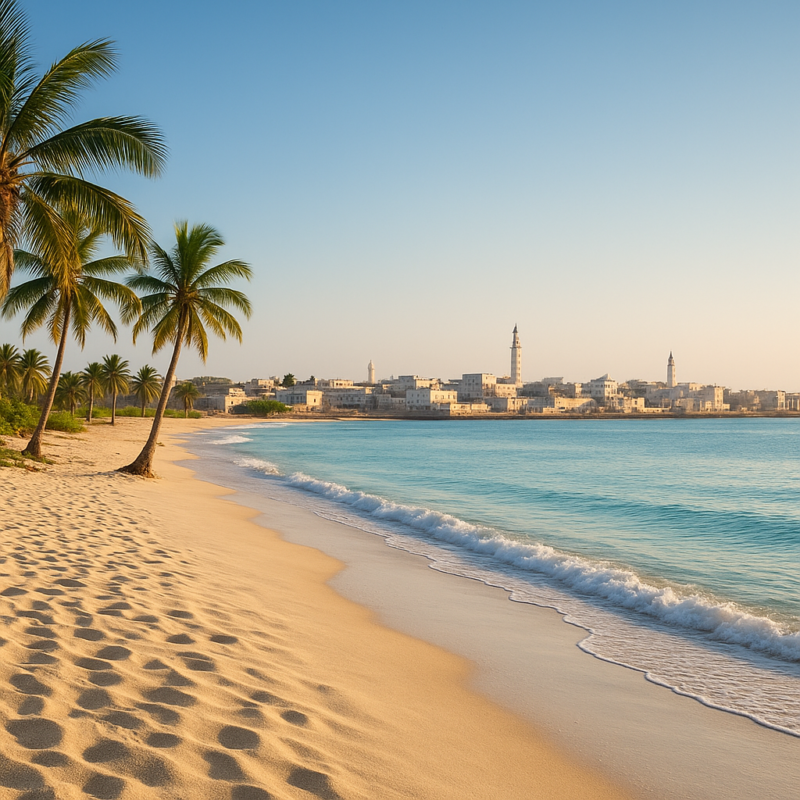Mogadishu, Somalia – A fresh wave of anger has swept through Mogadishu after opposition leaders accused the Somali government of unlawfully detaining Zamzam Omar Ali, a woman who publicly protested her forced eviction from her home in the city’s Siinaay neighborhood.
According to family members and witnesses, Zamzam was taken into custody shortly after speaking to local media about the eviction, which she described as “violent and unjust.” Her detention has since triggered widespread criticism, with prominent political figures calling it a clear act of intimidation against ordinary citizens.
Former President Sharif Sheikh Ahmed condemned the arrest as “an abduction and a shameful crackdown on dissent,” warning that such actions undermine public trust in the government.
“No Somali should be detained for speaking about their pain or loss,” Sharif wrote on his X account.
Former Prime Minister Hassan Ali Khaire echoed those sentiments, saying the government’s treatment of Zamzam reflects “a dangerous pattern of silencing the poor and powerless.” He urged the authorities to “immediately release her and focus on justice, not repression.”
Zamzam’s case has resonated deeply across Mogadishu, where forced evictions have become a recurring and emotional issue. Many residents of informal settlements and low-income neighborhoods fear losing their homes as authorities push new urban development projects. Human rights activists have repeatedly warned that the process often lacks transparency and legal safeguards for affected families.
Officials from President Hassan Sheikh Mohamud’s administration have not yet issued an official response to the allegations. However, local observers say the growing backlash could further strain relations between the government and opposition figures ahead of key political milestones.
For now, Zamzam’s whereabouts remain unclear, and her supporters continue to call for her safe release — turning her story into yet another symbol of Somalia’s long struggle between power and accountability.



